The Observer Effect
The observer effect (also known as the “Hawthorne effect”) simply states that people behave differently when they know they’re being watched. Most of us have probably experienced this phenomenon in one way or another. Maybe you change your work routine when the guys from corporate make an office visit or maybe you change your driving style when someone else is in the car. We often behave differently when we know we have an audience. Sometimes, this works in our favor and by increasing our attentiveness and sometimes this works against us by clouding our better judgment. What does this have to do with trading?
Appealing to the Crowd
Although trading is a solo activity, most of us have some sort of trading network. This may be your trading buddies, fellow chat room members, or social media circles. As we’ve discussed before, your trading network will have an impact on your trading. It can inspire you, serve as a valuable resource, and connect you with like-minded people. Your trading network can also serve as an audience, meaning it has the ability to modify your behavior.
Many traders get sucked into the trap of appealing to an audience instead of focusing on their own progress. Sometimes, this can be counterproductive to your end goal. Instead of nailing a trade, you want to make sure you’re credited for it in the public eye. Instead of taking a loss, you become stubborn in hopes of sharing a comeback story. You may assume this doesn’t apply to you if you’re inactive on Twitter and don’t talk with many other traders, but there’s a good chance you have an audience of your own. An audience can be as simple as a friend or family member you share trading stories with.
There’s a variety of ways in which we appeal to our audiences and, at the very least, we should be conscious of them.
The Takeaways
Having an audience isn’t a bad thing in and of itself. I share my ideas on Twitter every day without letting it negatively impact my trading. There are actually some benefits to having an audience. The key is making sure you don’t get carried away. Here’s a personal example:
When I was creating the Tandem Trader DVD course, I was recording my computer screens every single day. I was capturing live trades for the course and it affected my trading in a few ways, both negative and positive. One of the benefits was that it forced me to stick to my trading rules. I would cut losses early and avoid unnecessary risks. On the downside, I was focused on trading for an audience and forcing certain trades that I wouldn’t otherwise take. This wasn’t even a live audience, but it still had an impact on my trading because I wasn’t focused on myself. That’s the key.
The second you let the expectations of others affect your trading, you’re falling victim to the observer effect. You think someone’s “watching” you, so you behave differently. You can combat this by doing a quick check to make sure you’re acting rationally. Here’s how:
- Step 1: Be conscientious of how other people affect your trading.
- Step 2: Leave your ego at the door. If you’re wrong about a trade, be wrong and move on.
- Step 3: Always act in your own best interest. This seems easy, but requires objective introspection in order to be accurate.
When it comes to trading, money is the only currency you should care about. “Pats on the back” and “ego points” have no real-world value. If you have a great trade idea, you’ll be rewarded for acting on it. Remember that the trades come first – stay focused.


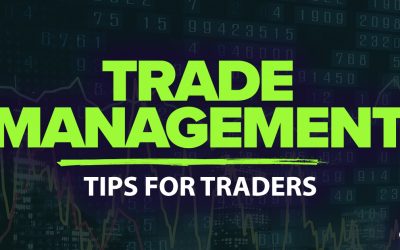
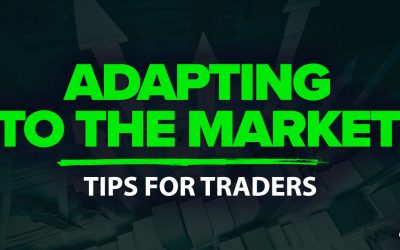
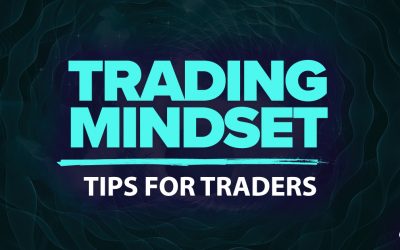
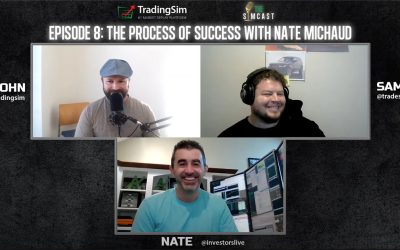

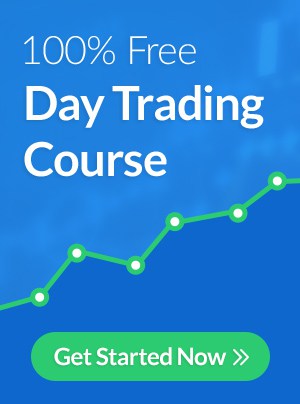
So trading is the name of the game huh
Great post and so very true!!
Well said, too many Twitter and social media trolls are more concerned about getting credit for a good idea instead of capitalizing on the trade.
So, Cam.. your golf is bad because somebody is watching you? hmmm.. LOL.
Nice to hear Cam´s voice. Hope you stay with the crew.
Being a show off is expensive. I do keep in mind that Nate said before that he does not discuss his trading with his wife. Thanks for the great video
Awesome commentary Cam, as always, very educational. Glad to listen to how the mindset of a trader can work for the better or worse. As Nate says, we need to avoid random trades, or else our results will be random. We need to be focused all the time. I have a constant battle with my emotions when the trade is in my favor, but even more when it isn’t. I am learning to be wrong and cutting my losses intelligently. After all, we’re here to finish the day in green, regardless the amount. At least at the beginning while working on consistency. Thank you IU for all the great work you do for the community. Keep it up!!!!